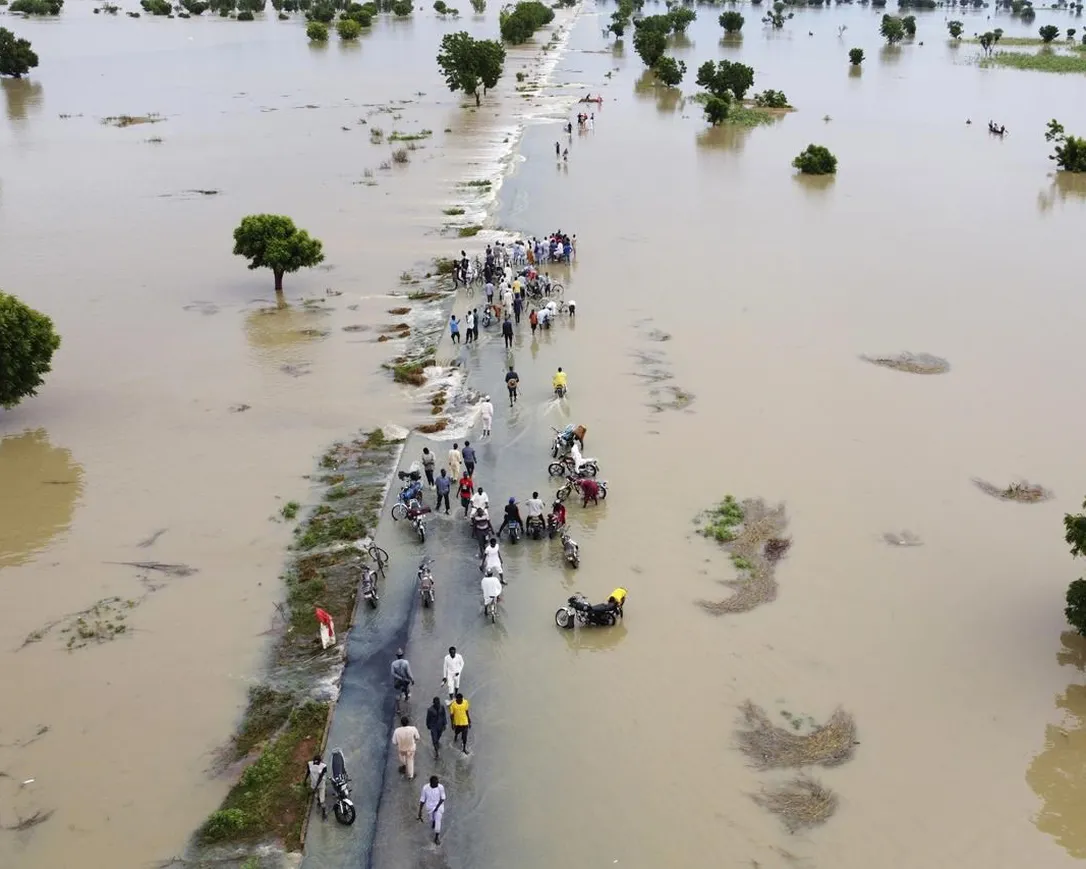A major new United Nations report to be released on Monday is expected to provide a sobering reminder that time is running out if humanity wants to avoid passing a dangerous global warming threshold.
Done by hundreds of the world’s top scientists, the report is the capstone on a series that summarizes the research on global warming compiled since the Paris climate accord was agreed in 2015.
Countries present at a week-long meeting of the United Nations’ Intergovernmental Panel on Climate Change report in the Swiss town of Interlaken approved the report on Friday, meaning governments have accepted its findings as authoritative advice on which to base their actions.
U.N. Secretary-General Antonio Guterres at the beginning of the meeting last week warned delegates that the planet is “nearing the point of no return” and they risk missing the internationally agreed limit of 1.5 degrees Celsius (2.7 Fahrenheit) of global warming since pre-industrial times as global emissions of carbon dioxide and other greenhouse gases keep increasing when in fact they need to decline quickly.
Read also: Pemex risks punishment for emissions from refinery
About eight years ago in Paris, Governments agreed to try to limit temperature rise to 1.5 C or at least keep it well below 2 C (3.6 F) and scientists have increasingly argued that any warming beyond the lower threshold would put humanity at dire risk.
Since the 19th century, average global temperatures have increased by 1.1 degrees Celsius (2 degrees Fahrenheit) but Guterres remained optimistic that the 1.5 C target limit remains possible “with rapid and deep emissions reductions across all sectors of the global economy.”
Monday’s report comes after the IPCC made clear two years ago that climate change is clearly caused by human activity and refined its predictions for a range of possible scenarios depending on how much greenhouse gas continues to be released.
The new synthesis report published Monday will play a pivotal role when governments gather in Dubai in December for this year’s U.N. climate talks. The meeting will be the first to take stock of global efforts to cut emissions since the Paris deal, and hear calls from poorer nations seeking more aid.
Guterres, the U.N. chief, recently argued that fossil fuel companies should hand over some of their vast profits to help victims of climate change.
Story was adapted from AP.
